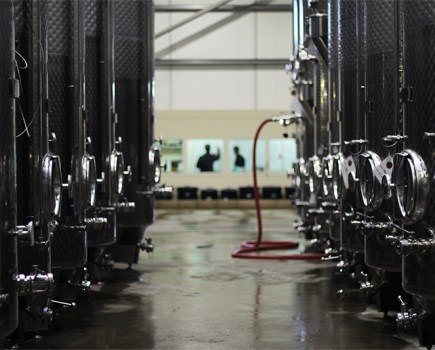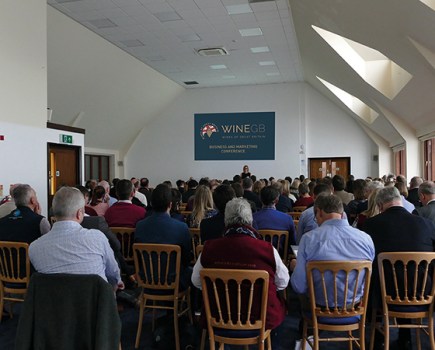Over the past month I have relished every opportunity to get involved in harvest at some of my local vineyards – thank you to those who accommodated me. Not only was it incredibly therapeutic and empowering to break free from the confines of my desk for a few days, it was also enlightening to be able to see a mixture of labour forces at work. From a team of paid local pickers, comprising retirees, students and those looking for seasonal work, to a team of volunteers, seeking a greater sense of involvement in their favourite estate, to a team of professional Romanians, who made the job look like child’s play and were completing rows to the highest of standards quicker than you could say harvest 2018.
Setting aside the fact that nobody can guarantee what the effects of Brexit will actually have on the availability of migrant labour, trying to get in this year’s bumper crop has been enough of a struggle for some. Whether trying to source gangs of professional pickers, or looking to the indigenous population, labour has without a doubt caused headaches and while we cannot predict the size of our future crops, it is certain that the millions of newly planted vines will all need picking at some point. But are we going to have enough hands available to cope?
Debating the predicament of labour availability, my mind naturally began to wander to the mechanical alternatives for bringing in the harvest and so I travelled to Denbies Wine Estate in Surrey to see the UK’s only mechanical grape harvester in action, see page 18.
While the industry’s focus on traditional method sparkling wine production, coupled with a lack of large-scale still wine producers, means that it is exceedingly unlikely that the number of mechanical pickers in the UK is going to increase anytime soon, it is not only harvest time, or the vineyard team, which relies heavily upon labour. And with rising minimum and living wage costs forecast too, embracing time and labour saving technology is essential if the industry is going to be able to keep releasing wines which are both financially viable for the estate and accessible to a broad range of household incomes.
The potential that new technological advancements can bring to the agricultural sector is captivating. Arable farmers now have access to a wide range of precision farming technologies, from auto-steer tractors to variable rate drills and fertilisers; dairy farmers can install robotic milking machines; and fruit pack houses can invest in grading lines, which are not only capable of sorting fruit by size and colour, but can even measure internal defects and sugar levels. As one of the UK’s newest agricultural sectors, viticulture, and winemaking, should be striving to be at the vanguard of this technological revolution.
It is time to put aside the reluctance to trust the machines because as our vineyards increase in size, and as producers strive to turn out economically viable wines in the face of rising labour costs and potential shortages, the industry is inevitably going to need to mechanise as much as possible. – Victoria Rose



